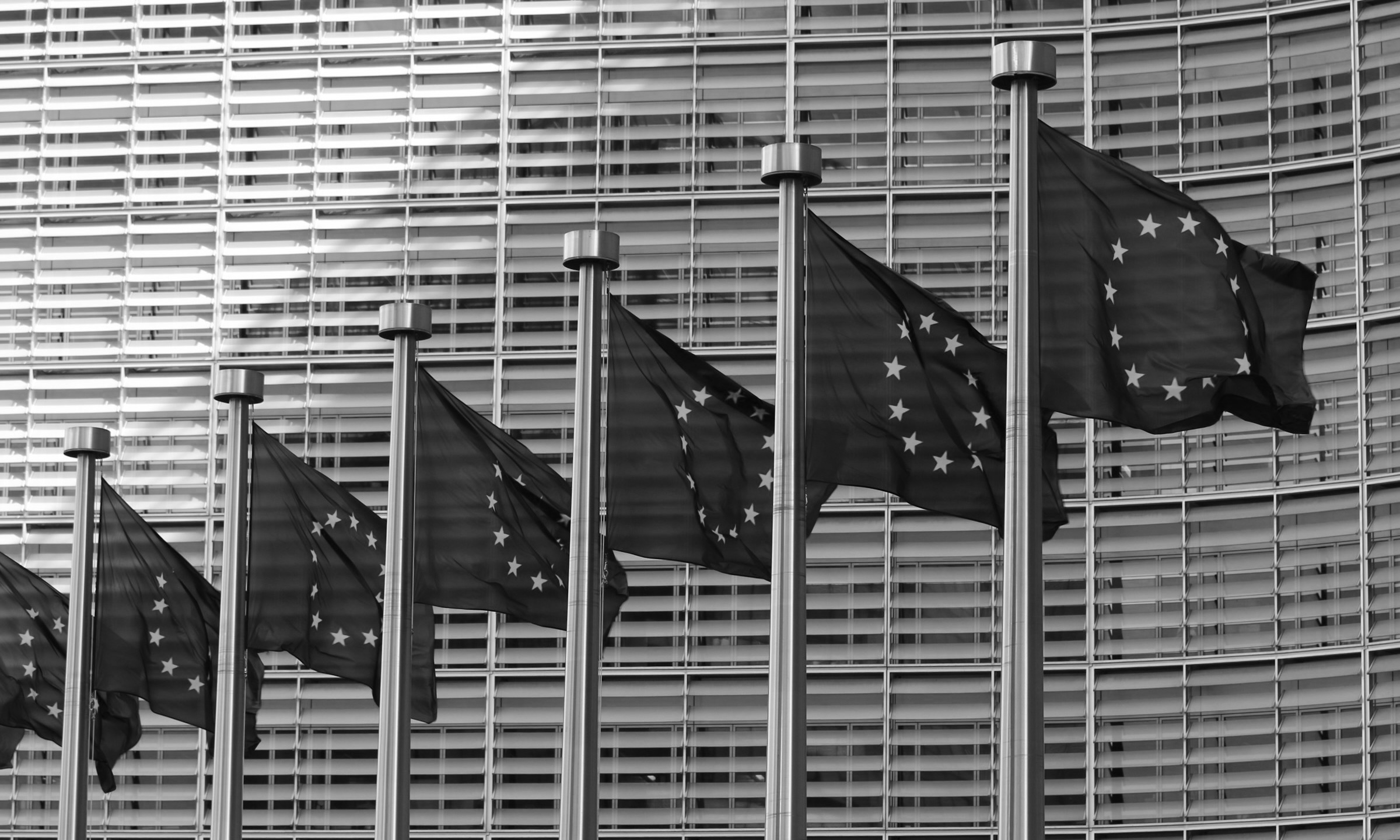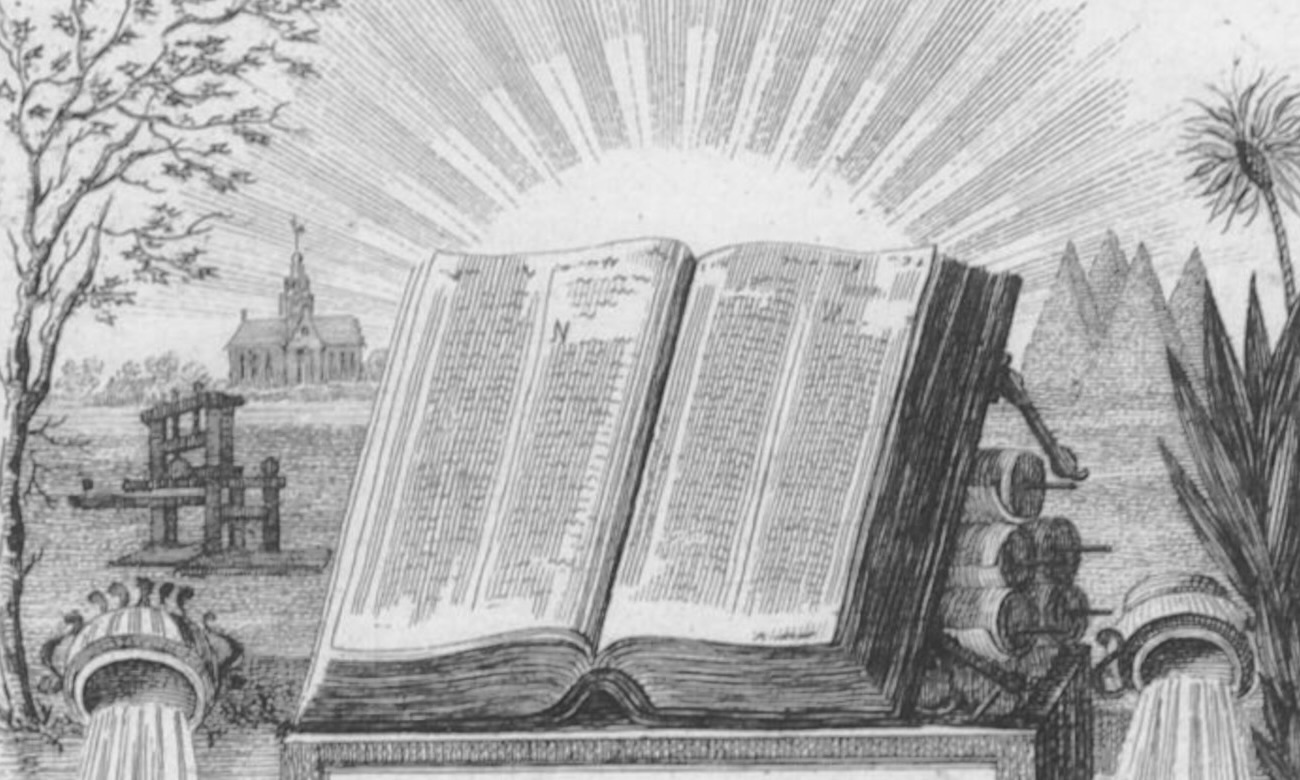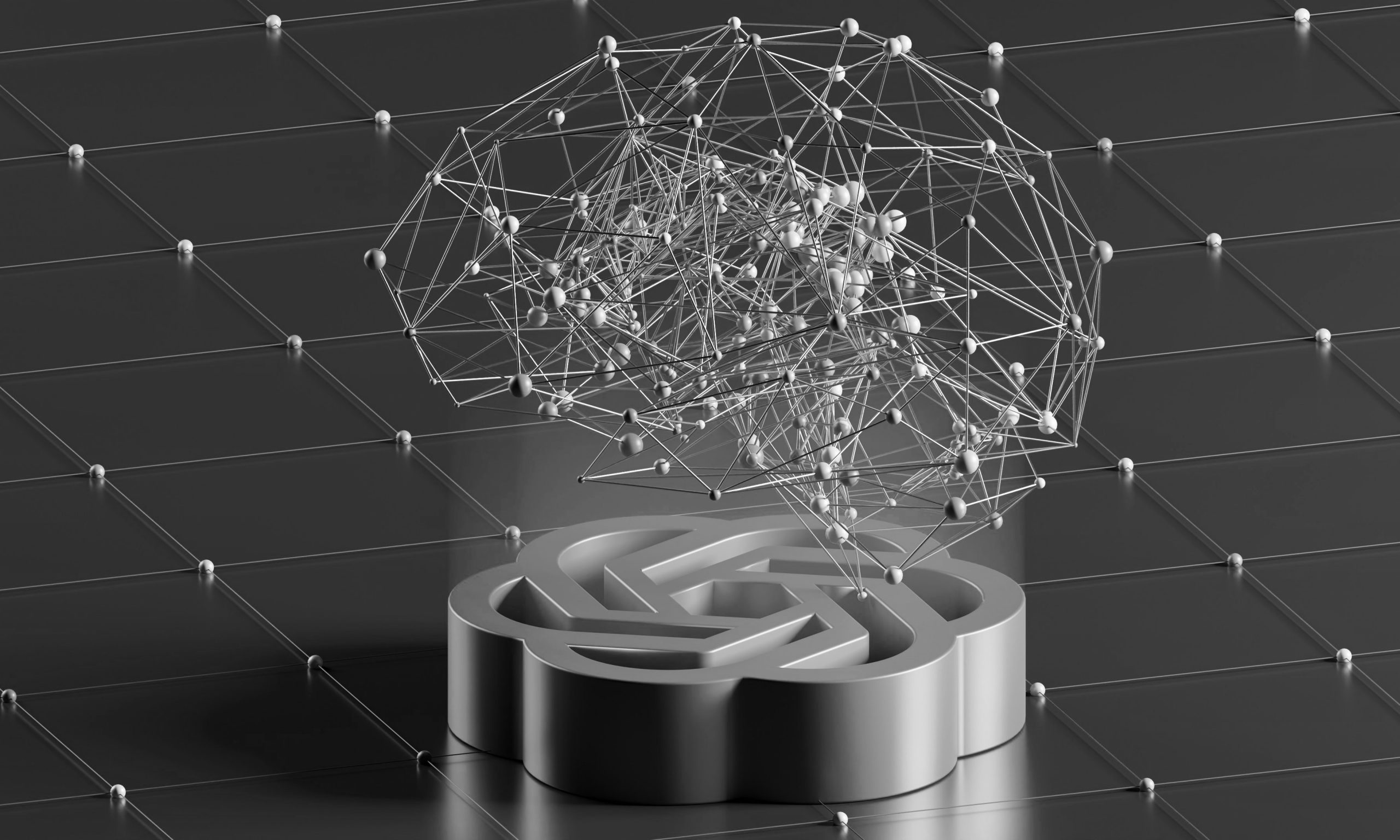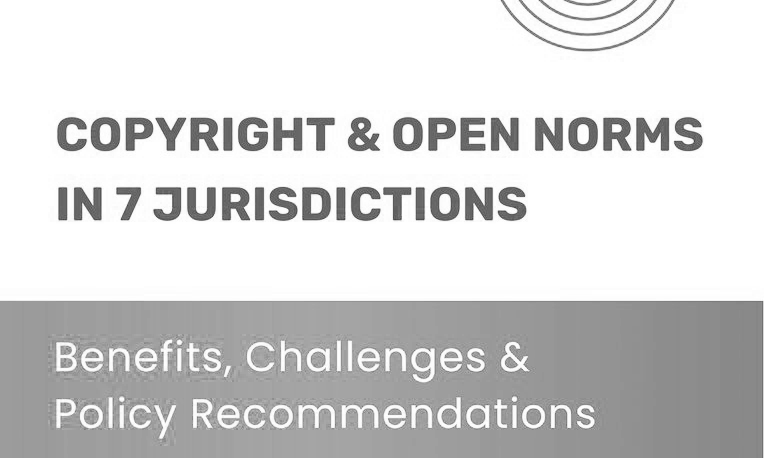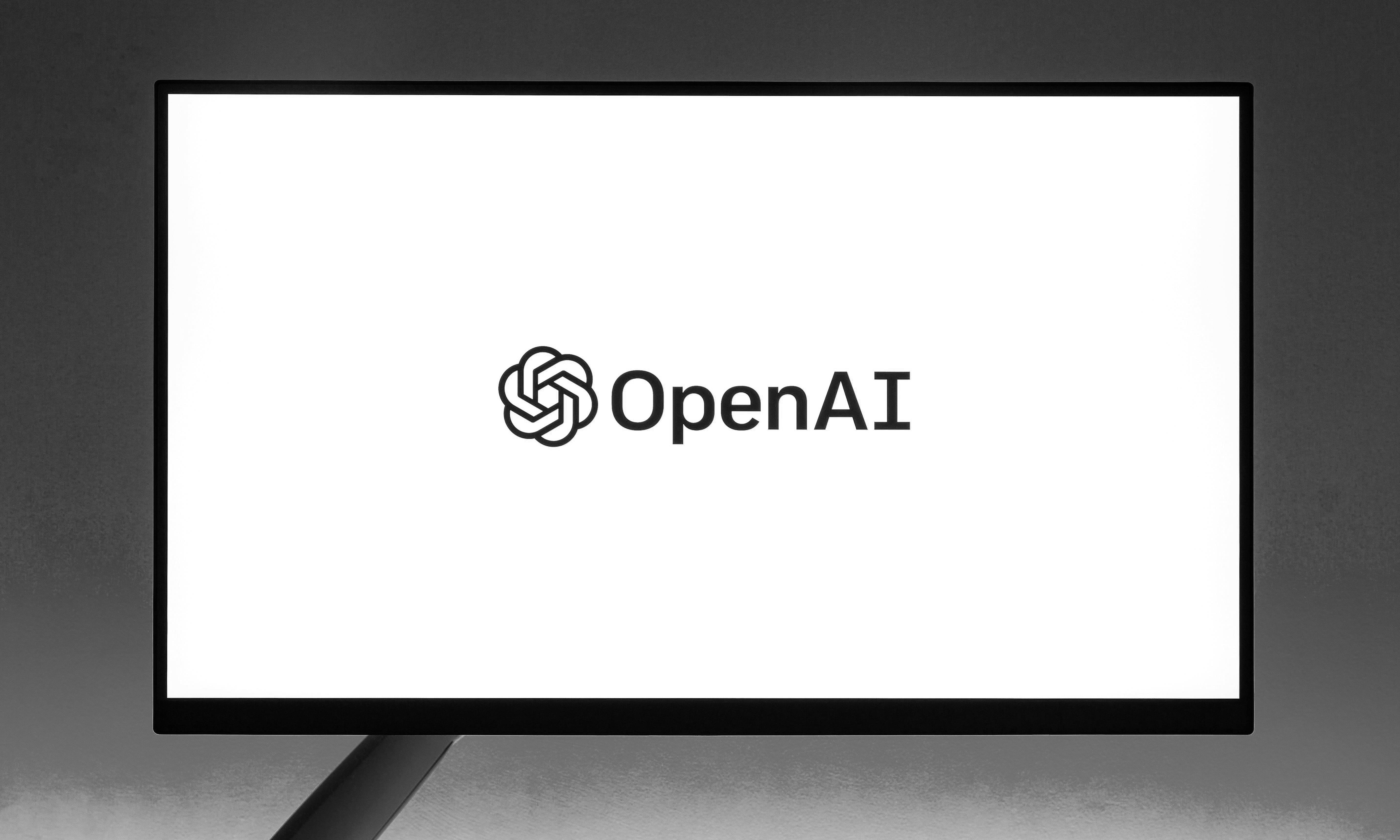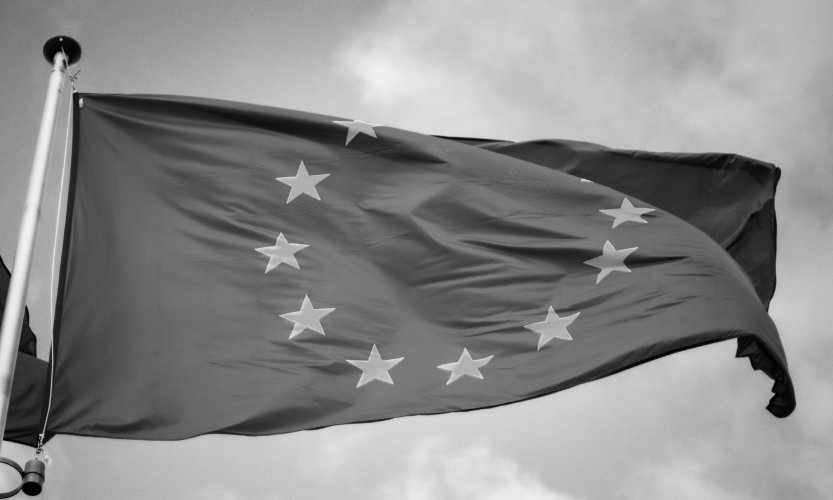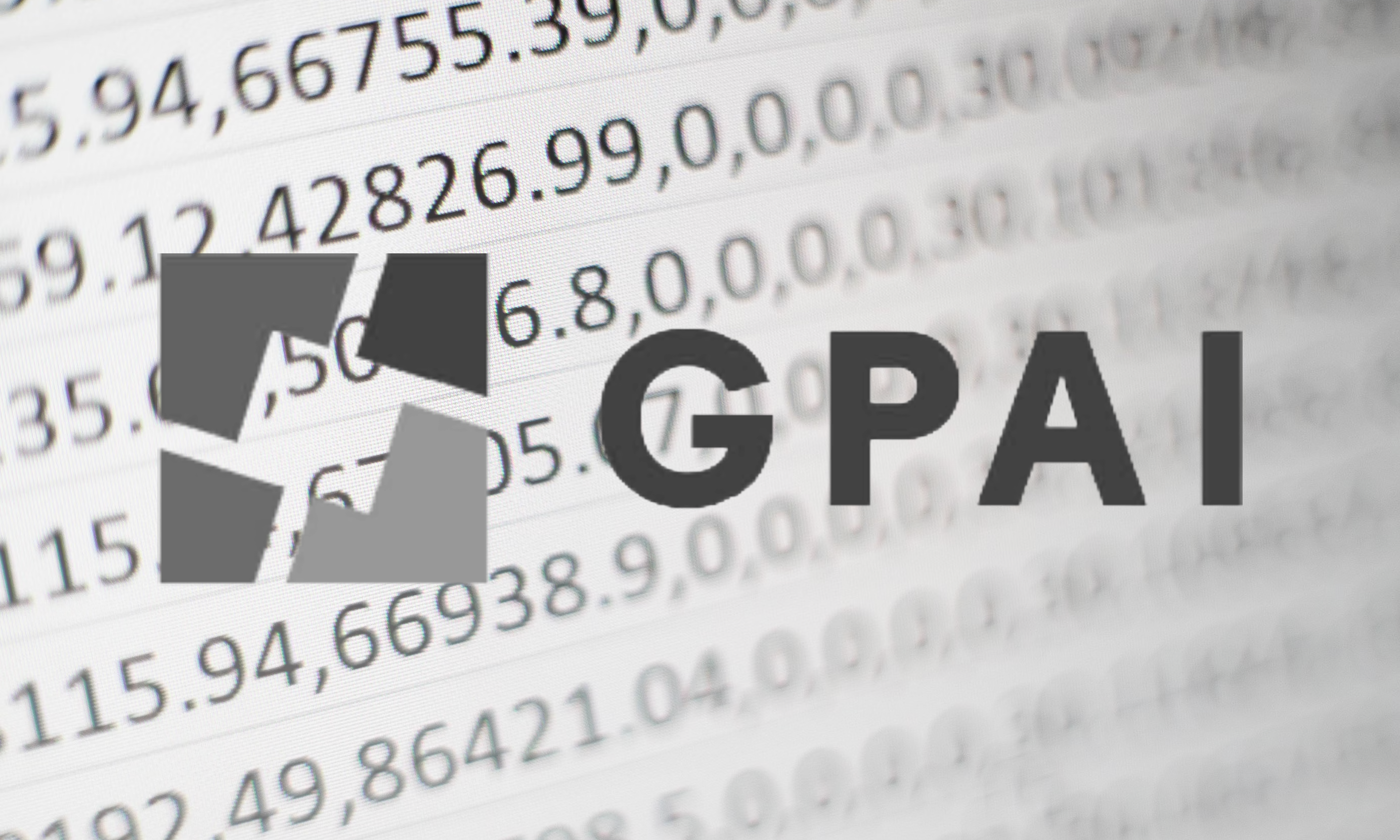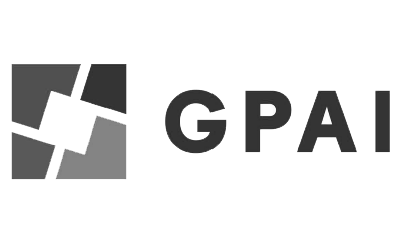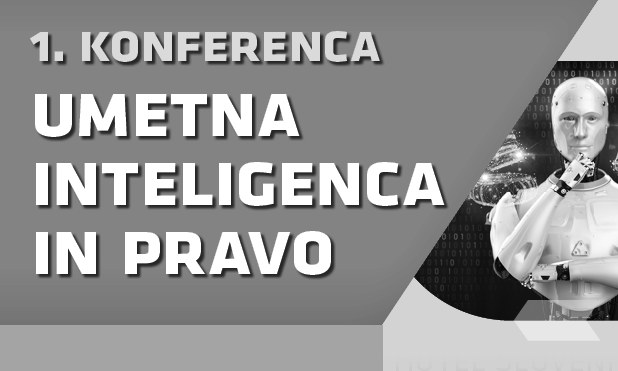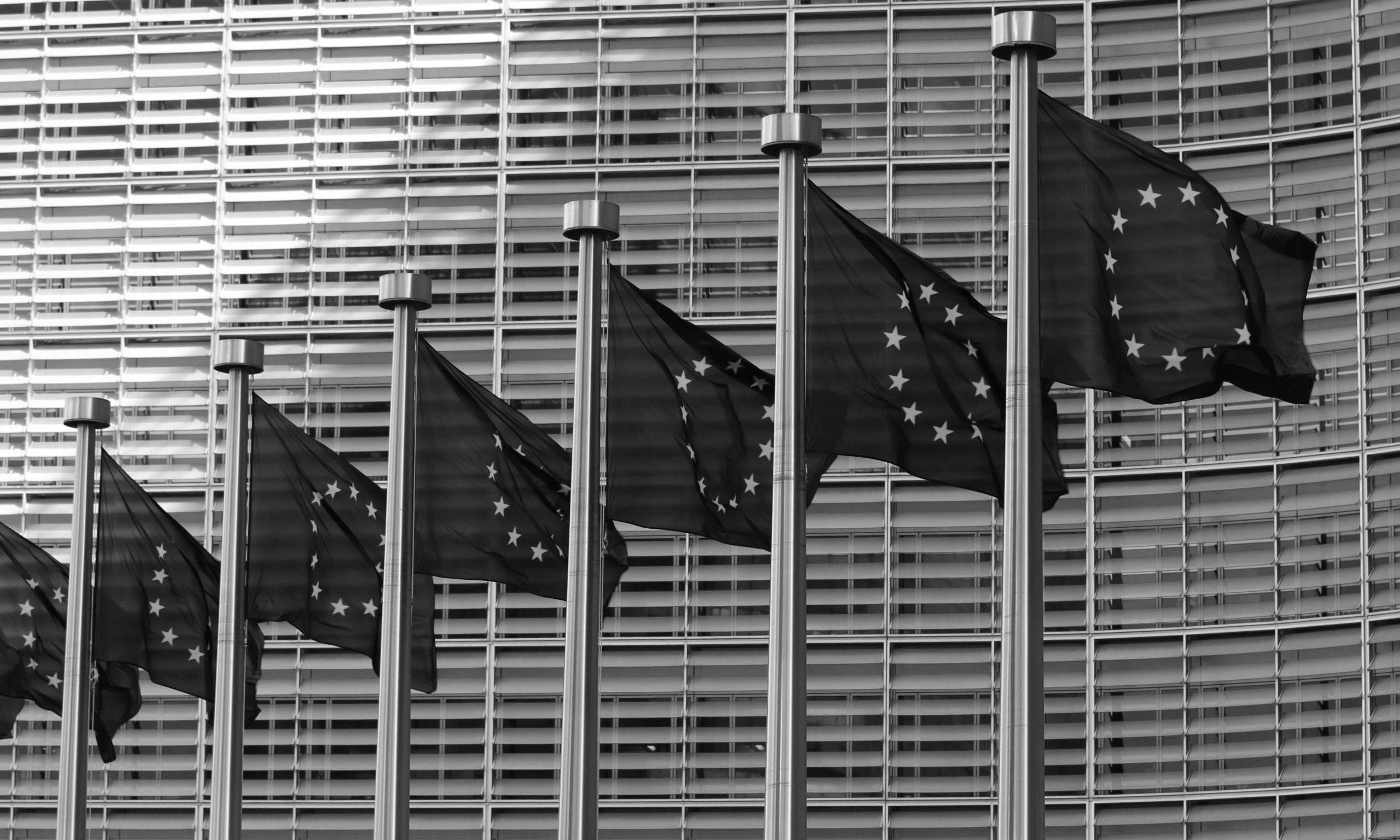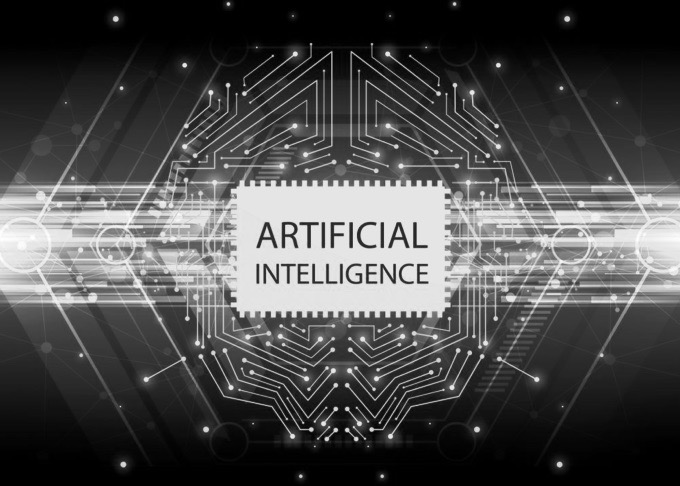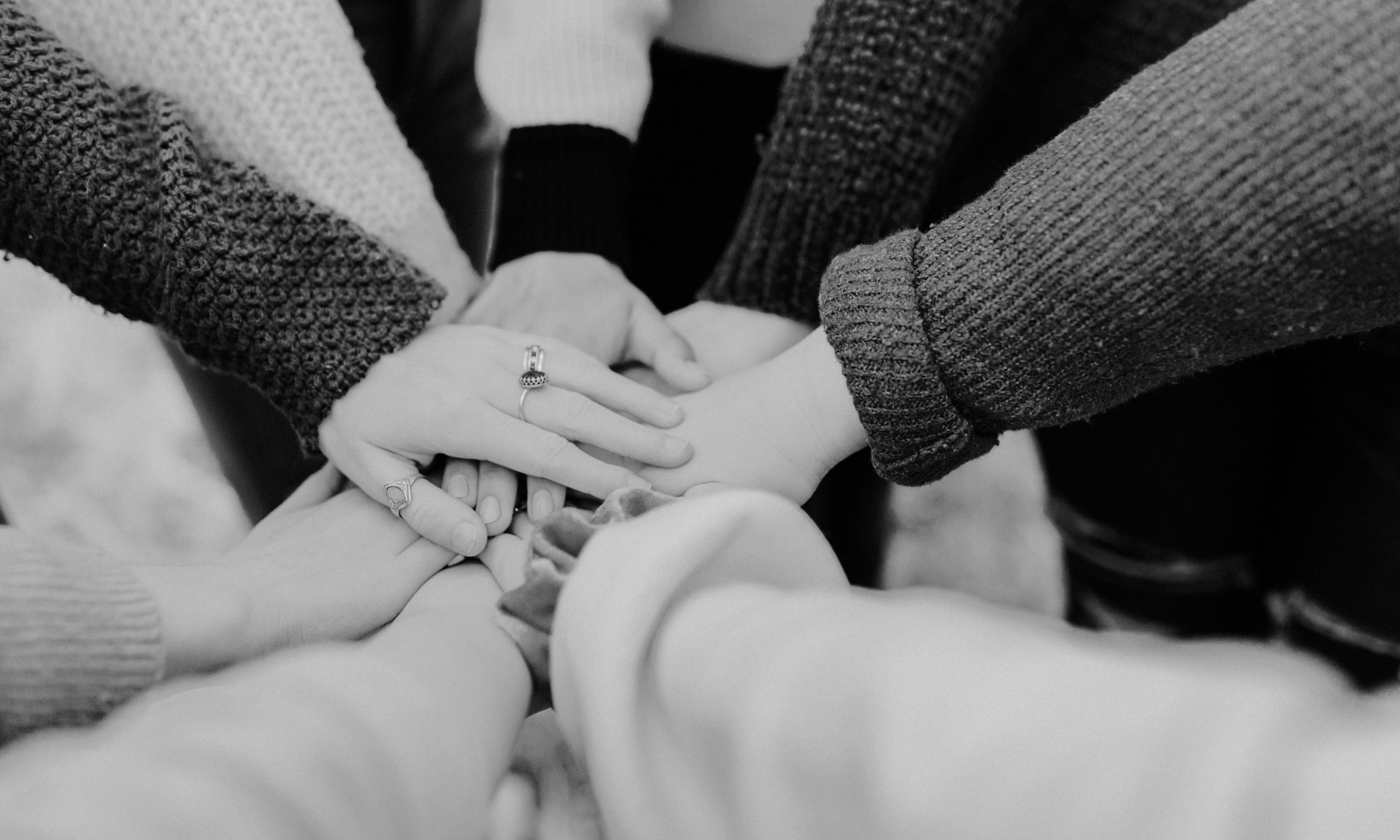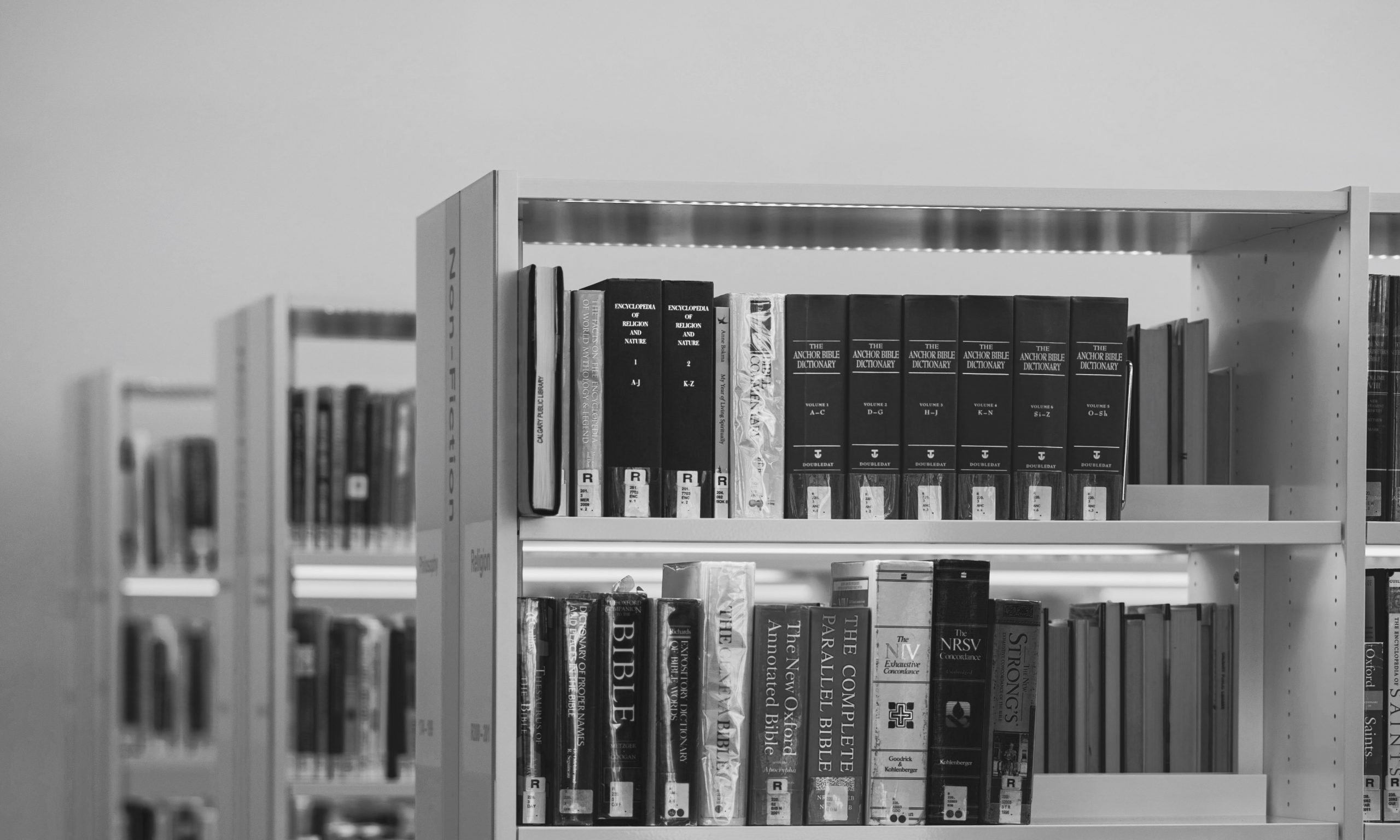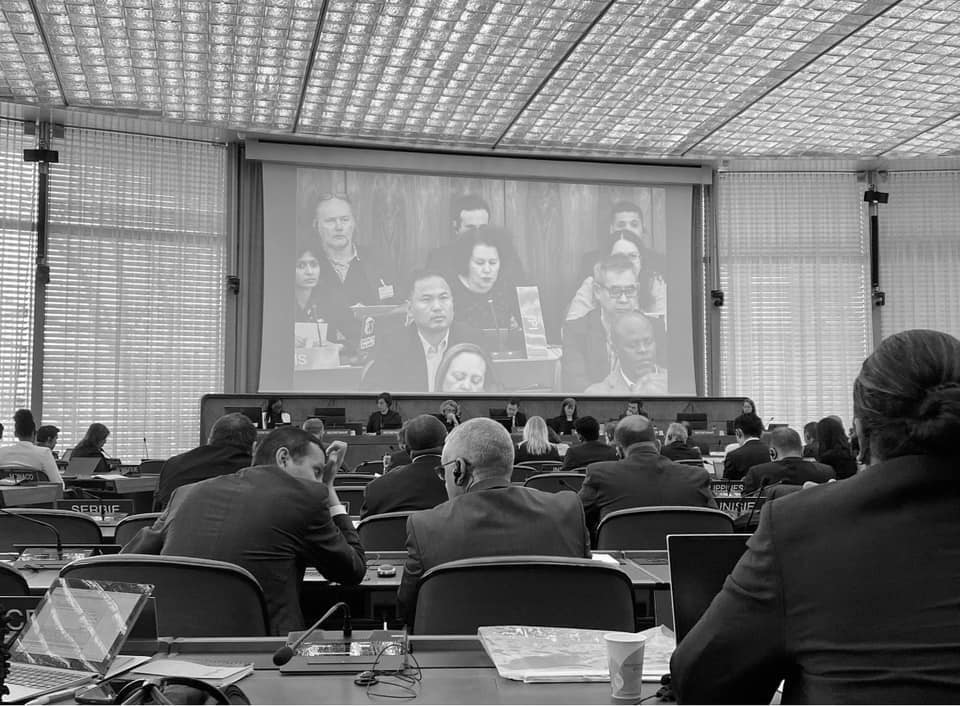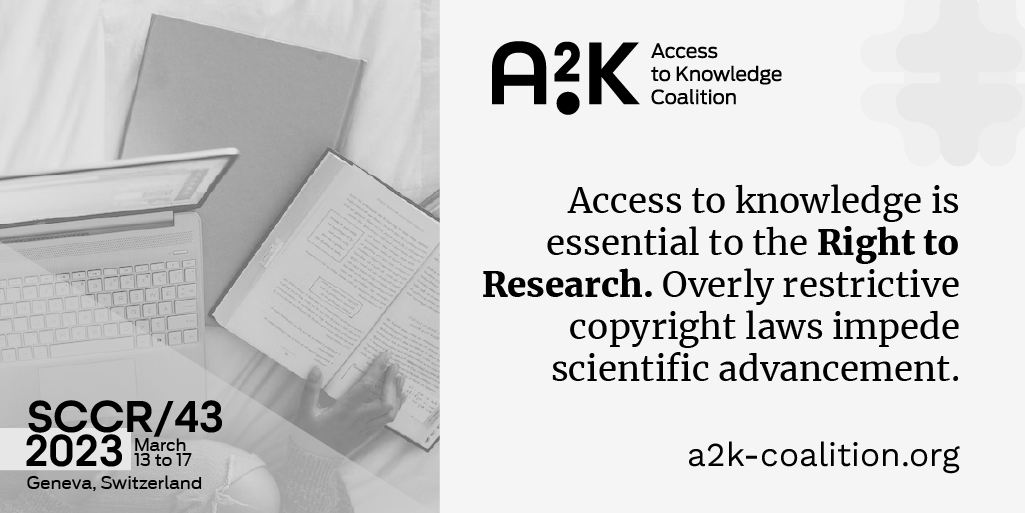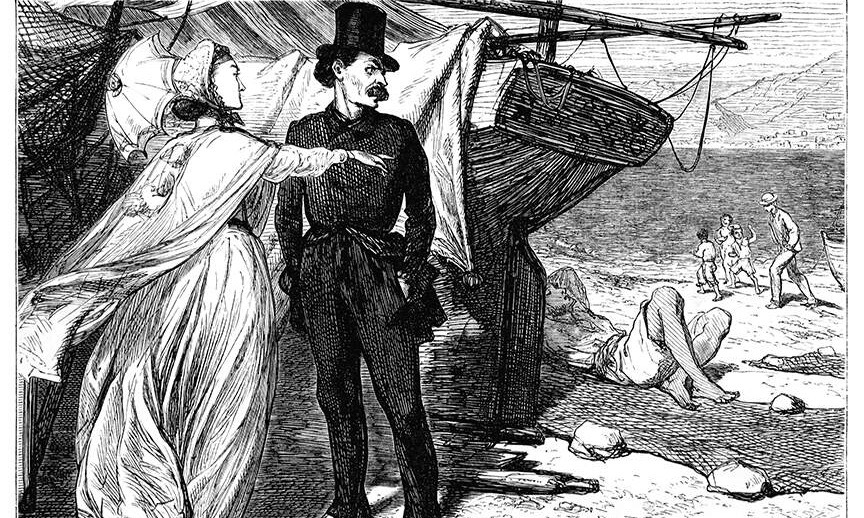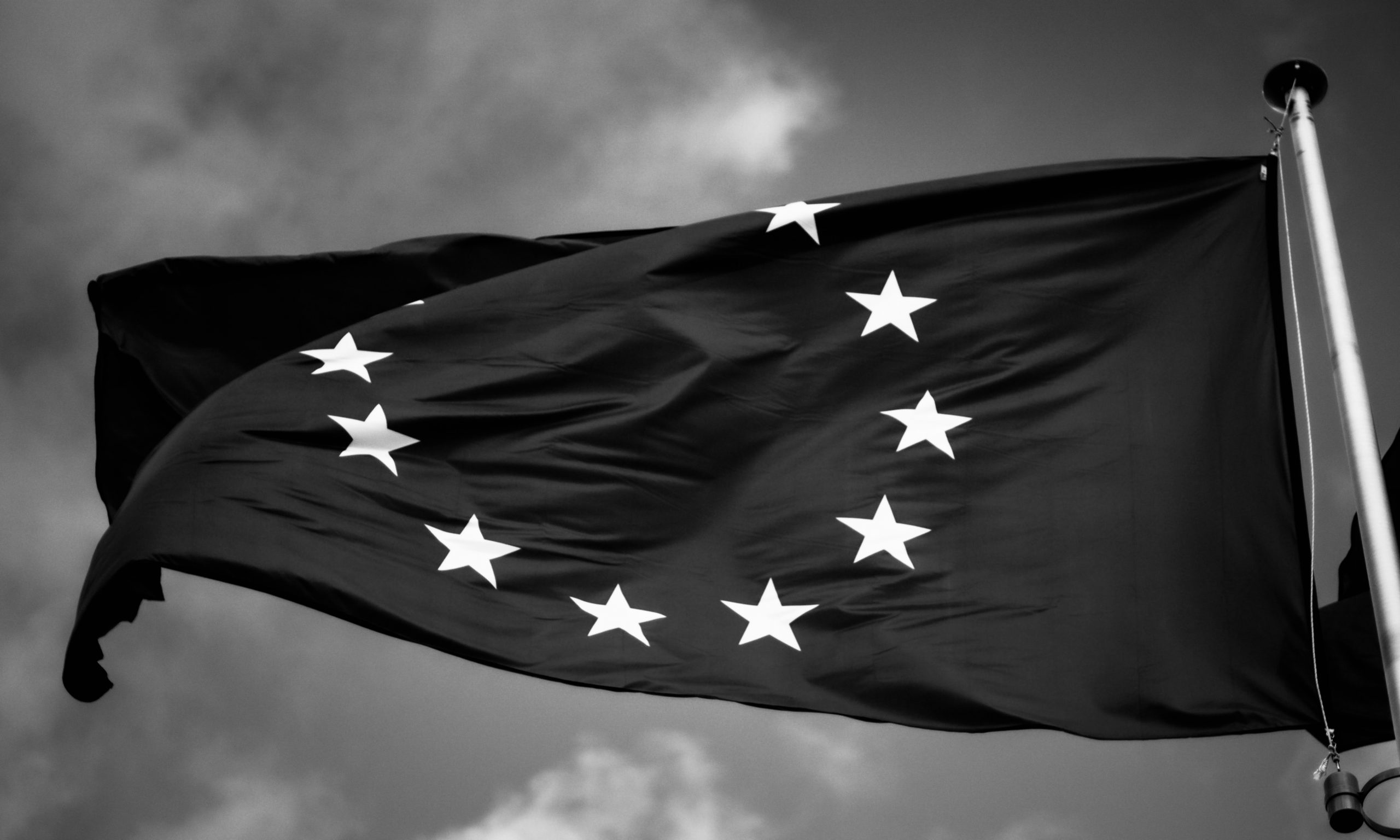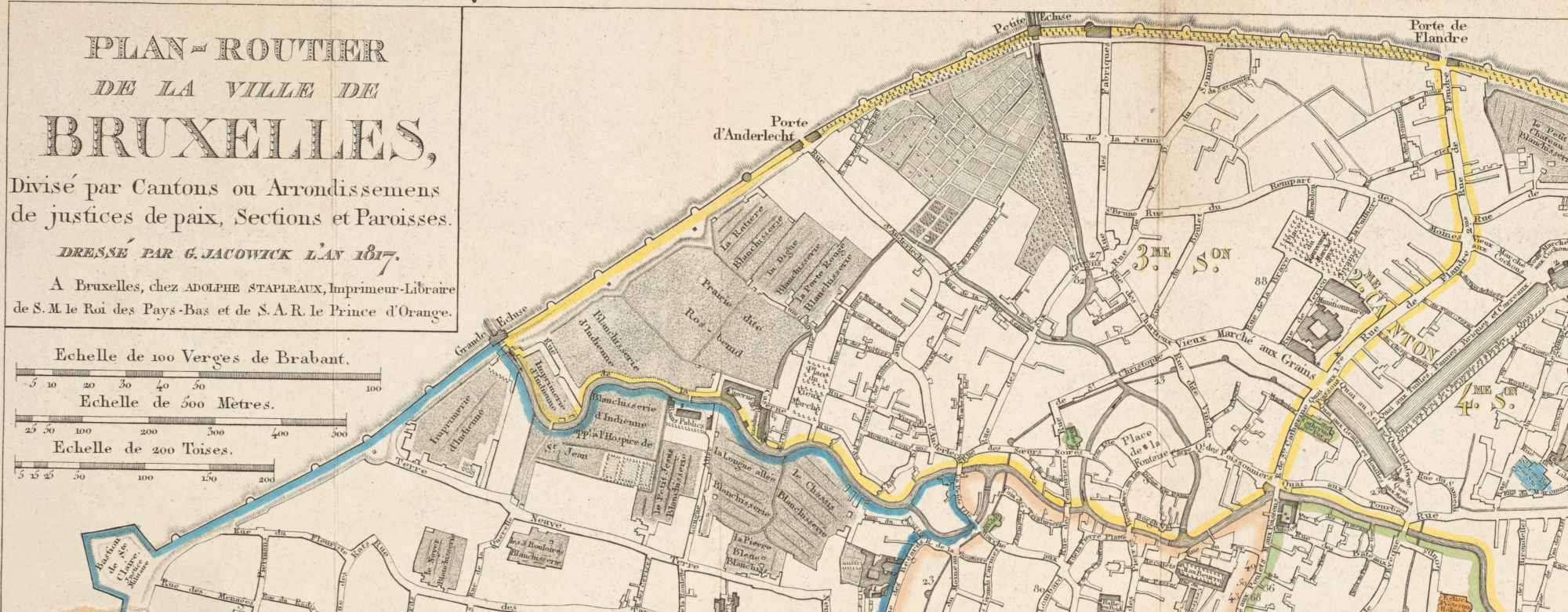On December 3, 2024, the “Knowledge Rights 21 Regional Alliance – Network of Librarians and Copyright Experts from Central and Southeastern Europe”, was officially established at a meeting hosted at the Four Points by Sheraton Ljubljana Hotel. The event was organized by Open Data and Intellectual Property Institute ODIPI and chaired by Dr. Maja Bogataj Jančič.
Recordings and presentations from all speakers at the ERA KR21 Conference Slovenia are now available on the subpage “Recordings and PPTs of Presentations by Speakers”.
Open Data and Intellectual Property Institute ODIPI invites you to a discussion organized by the European Commission Representation in Slovenia titled “Democracy in the Grip of Disinformation: What Can the EU Do?”. The event will take place on Friday, December 13, 2024, from 11:00 to 12:30 at the House of the EU in Ljubljana, Slovenia and online.
Open Data and Intellectual Property Institute ODIPI organized the ERA KR21 Conference Slovenia on December 2, 2024, with the support of the Ministry of Higher Education, Science, and Innovation of the Republic of Slovenia and the Knowledge Rights 21 (KR21) program. The Conference focused on addressing the most pressing issues in copyright regulation in the fields of science and Open Science within the European Union (EU), with particular emphasis on barriers and incentives for Open Science in copyright law. The event represented the contribution of the Government of the Republic of Slovenia to implementing European Research Area (ERA) Policy Agenda Action 2, which focuses on creating a supportive EU legislative framework for copyright and data governance.
On Wednesday, December 4, 2024, the second day of the Global Partnership on Artificial Intelligence (GPAI) Summit 2024 took place at the Palace of Serbia in Belgrade. Dr. Maja Bogataj Jančič participated as a speaker, presenting during the panel titled “AI Regulation – what we learned so far?”.
ODIPI is organizing ERA KR21 Conference: Barriers and Incentives for Open Science in the Copyright Law that will take place on 2 December, 2024 at Hotel Four Points by Sheraton (Mons) in Ljubljana and also online.
The District Court of Hamburg ruled in the case of Kneschke v. LAION e.V. that LAION did not infringe the copyright of photographer Kneschke, as the use of his photograph was covered by the exception for Text and Data Mining (TDM) for scientific research purposes.
On Friday, September 27, 2024, the last day of the international conference “Converging Realms: Law, Technology, and Society in the Age of Ethical and Multi-Agent AI” took place. Dr. Maja Bogataj Jančič took part in the 4th panel entitled Artificial Intelligence+Research.
The Second Circuit ruled that the operation of the Open Library Internet Archive cannot be considered fair use and that it violates the copyright of publishers. Such a final decision is extremely harmful, especially because it suggests that all libraries are bad for authors, because they are supposed to discourage them from writing because books are free to borrow.
Knowledge Rights 21 (KR21) has published a document explaining the KR21 policy on artificial intelligence (Policy Paper on AI).
On Thursday, August 22, 2024, TV SLO 1 aired the sixth episode of the show Conversations about the Future with the subtitle Artificial intelligence, Law, Ethics and Society, in which three guests discussed the legal, ethical and social challenges of the rapid development of artificial intelligence. In addition to Dr. Maja Bogataj Jančič from ODIPI there were also Dr. Igor Bijuklič from the Educational Research Institute Ljubljana and the Faculty of Education of the University of Primorska and Filip Dobranić from the Institute of Contemporary History.
In June 2024, the Knowledge Rights 21 (KR21) network and Communia, published research findings in a publication entitled Copyright as an Access Right: Concretizing Positive Obligations for Rightholders to Ensure the Exercise of User Rights, which was authored by professors Christophe Geiger and Bernd Justin Jütte.
On Thursday, July 4, 2024, TV SLO 1 aired a new show Conversations about the Future with the subtitle Alternative Futures, in which three guests reflected on the dilemmas and opportunities of an increasingly digitized society. In addition to Dr. Maja Bogataj Jančič from ODIPI, were also anthropologists Dr. Dan Podjed from ZRC SAZU and computer engineer Dr. Blaž Zupan from the Faculty of Computer Science and Informatics UL.
In the first week of July 2024, the Summer Course on International Copyright Law and Policy took place in Amsterdam, which was also attended by the young researcher Laura Pipan from ODIPI.
Non-profit organisation Electronic Information for Libraries (EIFL) launched a new guide on rights retention and secondary publishing rights to raise awareness, support researchers and authors in EIFL partner countries and improve the achievement of open access to research.
On April 16th, 2024, forty organizations signed the Barcelona Declaration on Open Research Information, aiming to uphold academic independence from for-profit service providers. This declaration urges research institutions to align with shared principles for open research information and commit to developing transparent research data infrastructures. Invitation to the signing of the declaration.
The Knowledge Rights 21 (KR21) network welcomes the publication of a new study by the European Commission entitled “Improving access to and reuse of research results, publications and data for scientific purposes”.
On 16 May 2024, a report on improving access to and re-use of research results, publications and data for scientific purposes was adopted. This comprehensive study was prepared for the European Commission by Senftleben Martin, Szkalej Kacper, Buijs Doris, Van Eechoud Mireille, Irion Kristina, Buri Ilaria (IVIR); Frigeri Matteo, Karabuga Emircan, King Leona, Margoni Thomas, Schirru Luca, Stähler Leander (KU LEUVEN CiTIP); Sganga Caterina, Turan Pelin, Contardi Magali, Signoretta Camilla, Edwards Ernesto (Sant’Anna Pisa); Stančiauskas Vilius, Kazlauskaitė Deimantė, Dėlkutė-Morgan Rūta, Šiaulytytė Gabija, Kublashvili Anastasia, Voronecki Tomaš (PPMI Group).
The Council of the European Union approved the EU Artificial Intelligence Act (the EU AI Act), based on a risk approach, which means that the greater the risk of harm to society with artificial intelligence, the stricter the rules.
An international association COMMUNIA launched brand new monthly newsletter to provide a clear and easily understandable overview of their work and recent developments. Below is a link to registration.
On April 17, 2024, Enrico Letta published a report titled “Much More than a Market,” advocating for significant reforms to empower the EU Single Market. The report proposes key changes to enhance digital integration and trade fairness, emphasizing the Single Market’s potential to drive sustainable future and prosperity for all EU citizens.
A Czech court has recently ruled that images generated using AI tools cannot be protected by copyright.
On April 11, 2024, COMMUNIA issued Policy Paper #17 on access to publicly funded research, proposing a change to the EU copyright law that would contribute to greater access to publicly funded research.
On Wednesday, 13th March 2024, the European Parliament adopted the EU Artificial Intelligence Act.
Knowledge Rights 21 (KR21) has published a report titled “Copyright and Open Norms in 7 Jurisdictions: Benefits, Challenges & Policy Recommendations” and announced a webinar to present the report.
The California court dismissed all of the plaintiffs’ claims in Paul Tremblay, et al. v. OpenAI, INC., et al, except the claim for direct infringement.
Dr Maja Bogataj Jančič emphasised the importance of broader involvement in Slovenia’s preparation for EU AI legislation during the debate in the National Assembly.
Dr. Maja Bogataj Jančič, LL.M., LL.M., kot so-predsedujoča delovne skupine na GPAI Summitu 2023, predstavlja rezultate Delovne skupine za upravljanje s podatki (DG WG) in sodeluje na številnih spremljevalnih dogodkih GPAI Summita, vključno s panelom o umetni inteligenci in intelektualni lastnini.
The Prime Minister of India, Shri Narendra Modi, formally inaugurates the Global Partnership on Artificial Intelligence (GPAI) 2023 Summit at the Bharat Mandapam in New Delhi.
On Friday 8 December, negotiators from the European Parliament and the Council reached a provisional agreement on the Artificial Intelligence (AI) Act, which sets out a legal framework to ensure the safe and fair use of AI.
We are very proud to announce that the honorary patron of the school is the Generative AI of the President of the Republic of Slovenia, Dr Nataša Pirc Musar. We would like to thank her for her trust, which is an important recognition of our work.
On 6 and 7 November 2023, Portorož hosts the first “Artificial Intelligence and Law” conference, bringing together legal and AI experts. The event is organised by LEXPERA d.o.o. (GV Publishing).
The 4th Open Knowledge Day took place on Tuesday 17 October 2023, with an accompanying workshop on 18 October 2023. This year it was organised by the Open Data and Intellectual Property Institute (ODIPI) and supported by Knowledge Rights 21 (KR21).
The U.S. Copyright Office has once again denied the registration of an artwork created by artificial intelligence. Artist Jason M. Allen was unsuccessful in his second attempt to register the artwork “Theatre D’opera Spatial” as a copyrighted work because it contains more than a de minimis amount of content generated by artificial intelligence (AI).
On 23 May 2023, the Council of the EU adopted conclusions on high quality, transparent, open, trustworthy and fair academic publishing, calling for immediate and unrestricted open access in the publication of research involving public funds.
GPAI is co-organising workshops with the Max Planck Institute for Innovation and Competition and Duke University.
On 17 April 2023, the Ministry of Economy, Tourism and Sport and the Intellectual Property Office held an online event entitled “Exceptions and limitations in education, research and science and open science and copyright” as part of a discussion on the further development of copyright legislation.
On Wednesday, 5 April 2023, the first meeting of the Council of the Slovenian Open Science Community took place.
The Internet Archive is a non-profit organization that maintains the Open Library, a digital library index, and is dedicated to preserving knowledge. As many of the works in the Internet Archive are under copyright, the Archive uses a system of controlled digital lending based on digital rights management to prevent unauthorized downloading or copying of copyrighted books. In March 2020, due to the circumstances surrounding the COVID-19 pandemic, the Internet Archive established the National Emergency Library, eliminating the waiting lists used in the Open Library and expanding access to books for all readers. In June 2020, the Emergency National Library faced a lawsuit from four book publishers and was ultimately closed.
The 43rd session of the WIPO Standing Committee on Copyright and Related Rights (hereinafter SCCR) made substantial progress on the issues advocated by the A2K Coalition (Access to Knowledge Coalition), which IPI, a sister institute to ODIPI, is a member of. This year’s session was the most productive on the issues of exceptions and limitations. James Love (Knowledge Ecology International), a long-time observer at WIPO, described the outcome and the impact of the public interest community as the strongest since the conclusion of the Marrakech Treaty, which brought global copyright exceptions for the benefit of the blind and visually impaired.
The third day of the 43rd session of the WIPO Standing Committee on Copyright and Related Rights is intended for discussion on the topic of exceptions and limitations to copyright, especially in connection with the right to research.
The 43rd session of the WIPO Standing Committee on Copyright and Related Rights (SCCR/43) is being held in Geneva from March 13 to 17, 2023. The Intellectual Property Institute, a sister institute to ODIPI, has a permanent observer status at WIPO since 2022 and is also a member of the Access to Knowledge Coalition (A2K coalition).
Great works of art, which are already within the public domain, which means that their copyright protection has already expired, are being recreated by Thaïs Vanderheyden. In this way, art is brought closer to children who are fascinated by her works of art.
A workshop on proposing a research-appropriate EU legislative and regulatory framework on copyright and data was organised in Brussels on February 23 and 24, 2023 in the scope of Action 2 of the European Research Area (ERA). Dr Maja Bogataj Jančič attended the workshop as the Slovenian representative for Action 2 in the ERA group. She presented the Slovenian data and text mining exemption, which is among the most advanced in Europe, and pointed out the many copyright obstacles in Slovenian legislation.
On 26 January 2023, Minister Dr Igor Papič appointed Dr Maja Bogataj Jančič, LL.M., LL.M. (Intellectual Property Institute) and Ana Fidler (Central Technical Library of the University of Ljubljana) to the European Research Area (ERA) team for Action 2, which includes tasks in the field of “Propose an EU copyright and data legislative framework for research”.
The European Commission decided to refer 11 Member States to the Court of Justice of the European Union for failing to notify the Commission of transposition measures under two Directives with respect to copyright.
Until March 7, 2023, research proposals focused on proving the impact of copyright exceptions for research in various legislations and on proving the mutual influence of the operation of technological protection measures (technological protection measures TPM) and copyright exceptions, both in the European area, are being collected.
Until March 31, 2023, initiatives are also being collected for national projects that would have a demonstrable impact on the regulatory framework.
How does the right to education and science limit copyright law?
In June 2022, Communia launched a competition for the best implementation of the Directive on copyright and related rights in the Digital Single Market (DSM Directive). The “Eurovision DSM contest” aims to track the implementation of the DSM Directive in the 27 EU member states.
Communia is looking for a Policy Advisor who is passionate about the Public Domain and dedicated to enabling access to culture and knowledge.




















